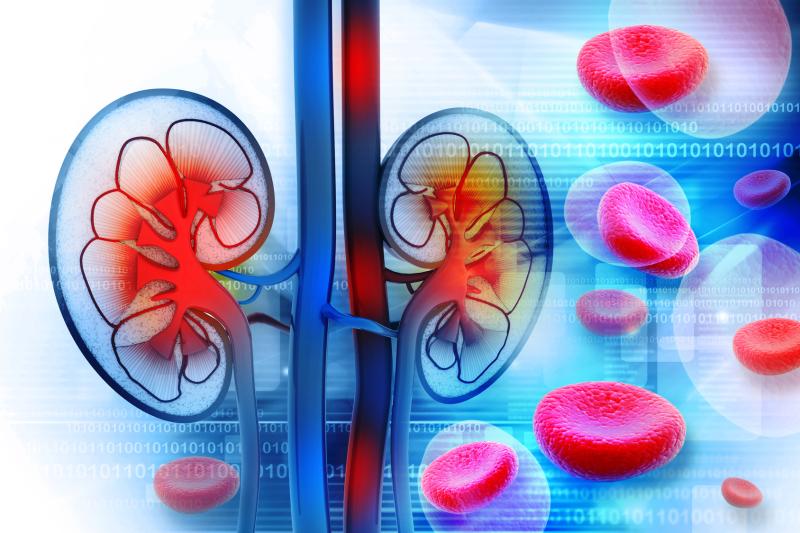 Kidney failures and organ donors: Singapore
Kidney failures and organ donors: SingaporeA diuretic treatment guided by plasma carbohydrate antigen 125 (CA125) results in significantly improved estimated glomerular filtration rate (eGFR) and other renal function parameters at 72 hours in patients with acute heart failure (HF) and renal dysfunction, reports a recent study.
The investigators randomly assigned 160 patients (mean age, 78±8 years) with acute HF and renal dysfunction to receive either a CA125-guided diuretic strategy (n=79) or usual care (n=81). Loop diuretic doses were established based on CA125 levels in the CA125-guided group and on clinical evaluation in the usual-care group. The primary endpoints were changes in eGFR at 72 and 12 hours.
Among randomized patients, the median amino-terminal pro-brain natriuretic peptide was 7,765 pg/mL and the mean eGFR was 33.7±11.3 mL/min/1.73m2.
Patients in the CA125-guided group received higher furosemide equivalent dose over 72 hours than those in the usual-care group (p=0.011), translating into higher urine volume (p=0.042). In addition, patients in the active arm with CA125 >35 U/mL received the highest furosemide equivalent dose (p<0.001) and had greater urine production (p=0.013).
Furthermore, there was a significant improvement in eGFR at 72 hours among patients in the CA125-guided group (37.5 vs 34.8; p=0.036), with no significant changes at 24 hours (35.8 vs 39.5; p=0.391).
“The optimal diuretic treatment strategy for patients with acute HF and renal dysfunction remains unclear,” the investigators said. “CA125 is a surrogate of fluid overload and a potentially valuable tool for guiding decongestion therapy.”